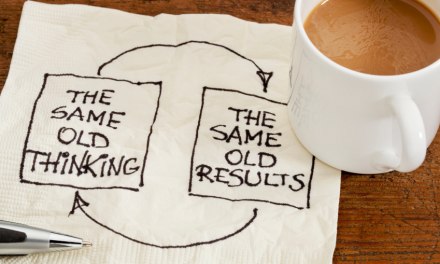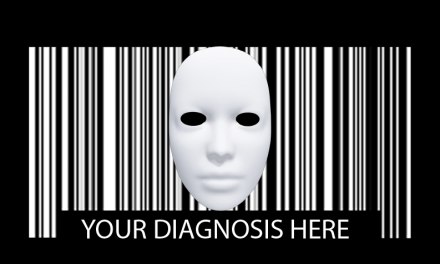Everyone’s aware of the havoc that alcohol and drug use has wreaked on the music business, especially on the popular music side. I’ve put the question to a number of industry professionals over the years: Why music? Sure, there’s stress and instability, but I can think of other occupations that feature more of those, yet it seems to have less impact. What is it about the music biz?
Theories abound, naturally. But for me, the most helpful explanation came from a songwriter and producer with a long record of success working with other artists. It’s the culture, he told me. There’s an aura of acceptance, even encouragement, for intoxicants. Rarely does anybody openly object, unless and until it interferes with work. Beyond a certain limit, that is. When it does, there are consequences. Although if you’re successful, those consequences can take a very long time to arrive. And when and if someone does cross the line, people make it clear that it’s their own fault. No real blame gets attached to the culture itself. “Sure, it’s a crazy business,” somebody will say. “But he knew that.” There’s no real incentive for the culture to change.
He told me about a rock legend who, in recovery now himself, put together a band for an important tour. He let everyone know that on this tour, use of ‘the hard stuff’– anything other than beer and grass – was strictly off limits. “He lost some good musicians over that,” my source admitted, including the star’s closest friend. Still, he felt it was worth it. “This was a long tour, lots of gigs in different cities, and he couldn’t see turning guys loose to try copping dope in a strange town. Somebody was bound to get busted, or worse.” Overdose, he meant. The star had already lived that nightmare. “We’re supposed to learn from experience, aren’t we?”
Well, yes. Theoretically. It doesn’t always take.
Another performer, a singer still in her late teens, reported being introduced to cocaine by her hairdresser. Only a year later she had to be admitted to rehab for what turned out to be a three month stay. It sidetracked her career, she admitted, but looking back, she was glad her family intervened. “I was going right down the tubes. I barely recognize myself in those old photos.” As time passed, she couldn’t understand “how so many people who were paid to take care of me just pretended nothing was going wrong. Even though the whole catastrophe was taking place in front of them.”
The subject of the linked piece is a singer who fronted a UK band called “Wet Wet Wet” (I’m not making that up) that achieved considerable success in the 90’s:
‘Every day I punch addiction in the face!’
It’s a story I picked because unlike so many others, it’s from the perspective of someone who now has 23 years of stable recovery.
He admits that he had a problem before he entered the world of music. First drink at 11 — he describes it in terms of its pleasurable effects, not how it tasted (unlike most preteens). By age 12, he was already getting older kids to buy for him. That’s pretty young for such behavior.
Once in the world of pop stardom, his drinking escalates and it isn’t long before he’s incorporating other drugs into the mix. Starting with marijuana– “I love my puff”– and eventually heroin. He resolves to stay with smoking; injecting would be going too far, he believes. Unlike most, he’s able to stick to his resolution.
That might be why he survived.
During recovery, he attends NA meetings but remembers most fondly how a couple of ex-military types confronted him during a stay in rehab. The counseling field has moved away from confrontation but in some cases it can break through where a more indirect, supportive approach has simply bounced off.
Worth reading. It’s a tale with a happy ending, instead of the alternative.













